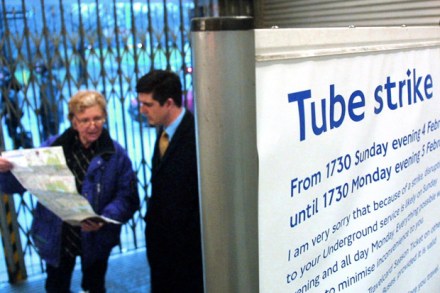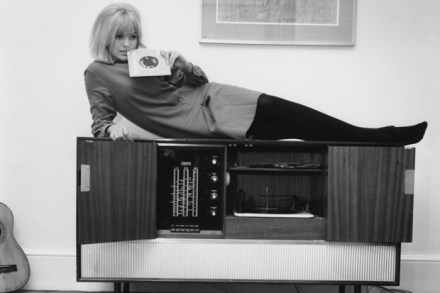From now on, I’ll greet Brexiteers with a grin
I’m cheering up about Brexit. The moaning has to stop. Why be downhearted and edgy when you’re confident of your argument? Leavers: you’re all wrong. I’m not totally sure — one never can be — and certainly I could be mistaken: and one day we’ll know. Meanwhile I place my confidence in the judgment of those in British politics I most admire, people like Michael Heseltine, Chris Patten, John Major, Ruth Davidson and Kenneth Clarke; and, sticking to my guns and with a merry two fingers up to the lot of you, I leave you Brexit types to the snarling din emanating from your Brexit cave. Chins up, Leaver trolls









